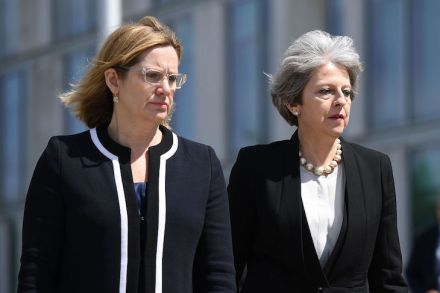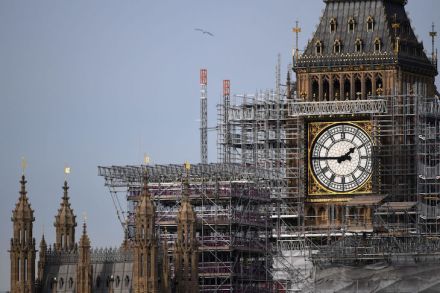Ministers have been allowed to condemn no deal
One could smell a rat in the fact that so many ministers have recently been allowed publicly to break with government policy and condemn ‘no deal’ flat-out, and even threaten resignation. Three ministers co-wrote an article in Tuesday’s Daily Mail (over the undead body of Paul Dacre) in this sense. They would never have dared




















